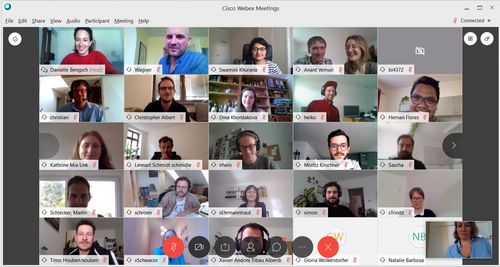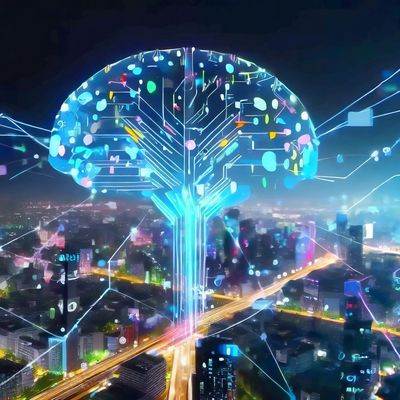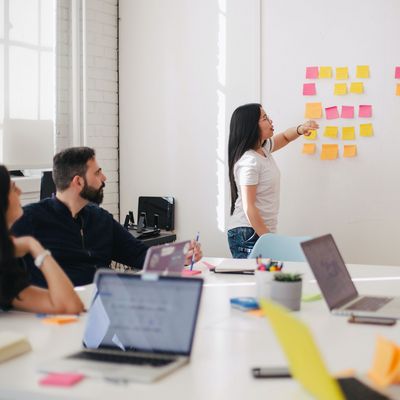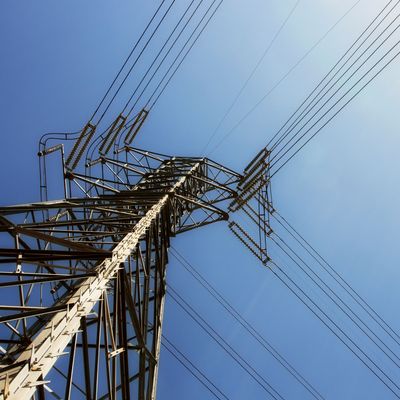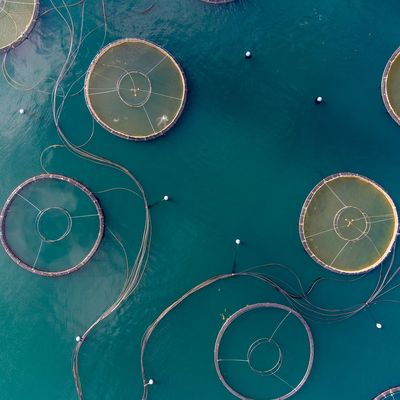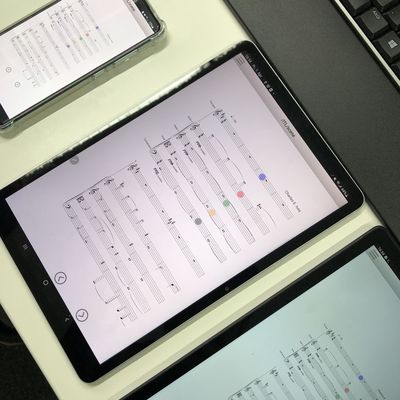How do volcanoes and solar activity affect our climate?
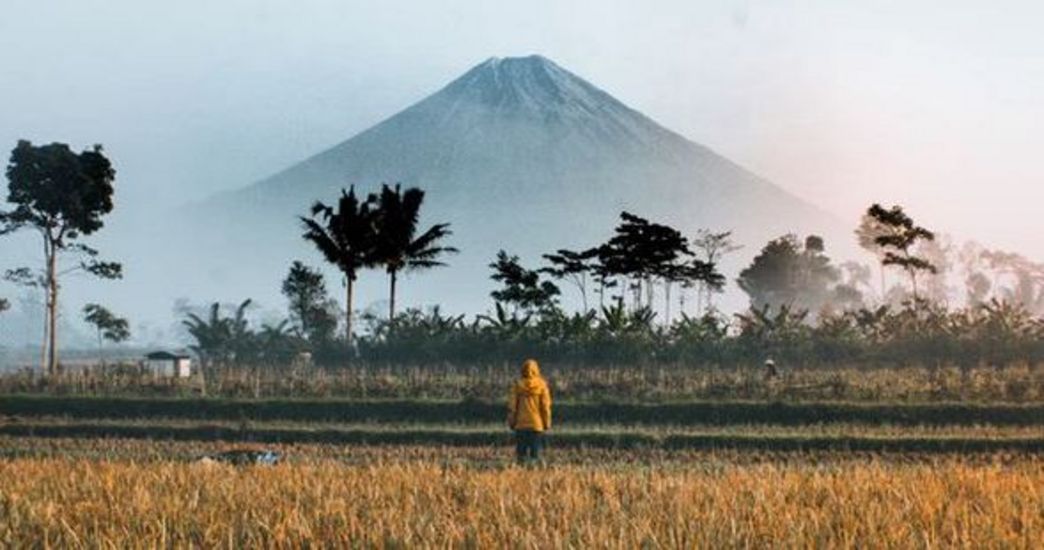
Climate simulations for the future: In HIDA's Virtual Climate Challenge, more than 30 scientists tried to figure out how volcanic and solar activities of the past are reflected in today's climate models.
On April 3 and 4, 2020, the Helmholtz Information & Data Science Academy's virtual #HIDAclimatechallenge brought together more than 30 participants who came up with five promising solutions. The challenge came from Sebastian Wagner from Helmholtz-Zentrum Geesthacht. Climate was at stake: participants were asked to help figure out how solar and volcanic activity from ancient times is reflected in climate models.
Using data from solar and volcanic activity, participants in five teams created climate models, summarized them in movies, and presented them to Sebastian Wagner at the end of the second day. "I was excited about the collaboration in the interdisciplinary teams and the quality of the contributions. Thanks for the great out-of-the-box solutions. There were some very promising approaches presented," said Wagner. "Most groups did a good job of highlighting the difference between periods of increased volcanic activity and periods of weakened activity. It was also interesting in some of the contributions that for certain regions even an influence of the - relatively weak - changes in solar activity could be detected. This can serve as a basis for further studies to better separate and assess the so-called "fingerprints" of different climate forcings."
The data will now be further processed and analyzed together with scientists from the proxy community. In particular, the question of the extent to which volcanoes were responsible for the development of the so-called "Late Antique Little Ice Age" between 536 and about 660 AD will be investigated. Among other things, these led to massive migrations in Europe. "From these experiences, conclusions can possibly be drawn for the effects of future volcanic eruptions on the climate and our civilization," Wagner explains. He wants to give the participants of the Challenge the opportunity to further participate in the evaluations: "If there is interest in the challenge community to carry out analyses, we can gladly realize that."
In these four videos, the teams present their proposed solutions:

